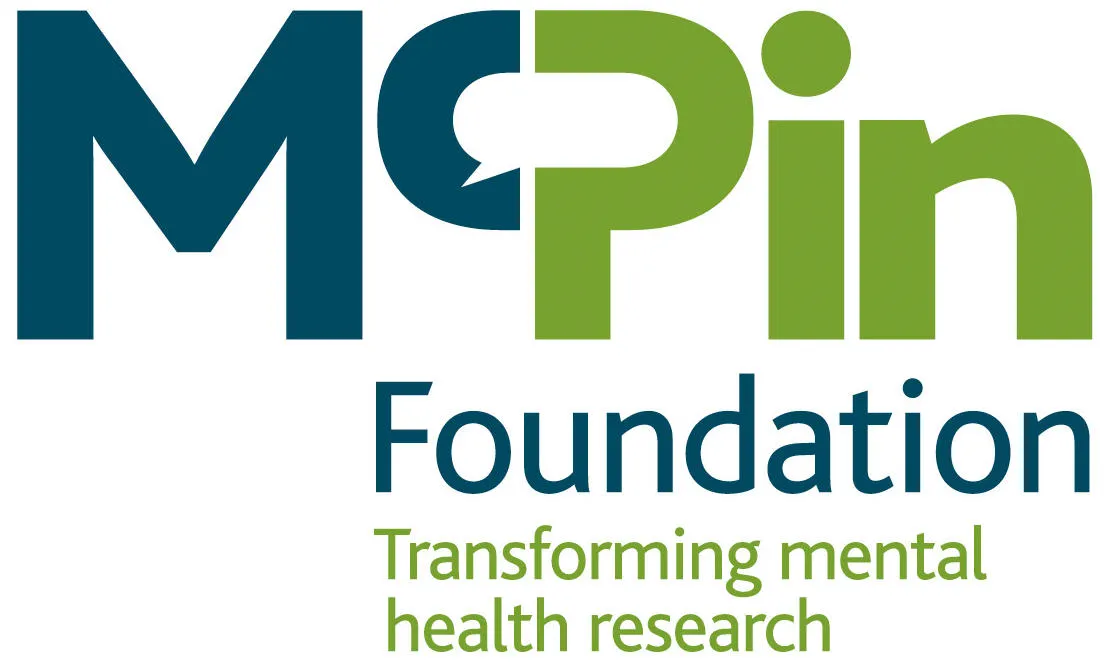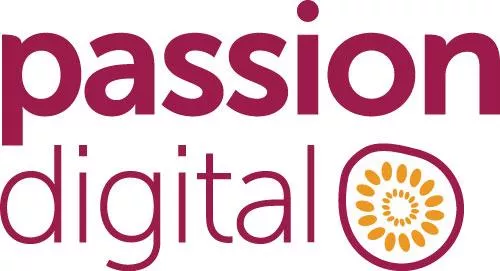KeepCool
KeepCool is a series of educational videos designed to help young people learn about and cope with strong emotions. It has been created by young people for young people, and it is backed by science.
KeepCool focuses on fundamental emotions like anxiety, sadness, and anger rather than psychiatric disorders. We all experience these emotions at some point. Therefore, we want to inform as many young people as possible in order to fight stigma around mental health.
KeepCool is a platform for young people to share their experiences. We are learning what emotions feel like for young people, when they experience them, and how they deal with them. There’s a lot of wisdom in lived experiences, and we want to learn from them.
KeepCool also has input from experienced NHS psychologists and psychiatrists to make sure that the coping advice is in line with the best clinical evidence, so that it can be helpful to as many young people as possible.
KeepCool lives on social media, which means we can connect quickly from anywhere share ideas and learn from each other.
KeepCool is NOT about erasing emotions. It is about learning to experience them fully without being overwhelmed by them. We cannot just click our fingers and magically change how we feel. However, we can learn to better cope with anxiety, sadness and anger by working on the way we think and behave.
KeepCool is funded by UK Research and Innovation and led by Andrea Danese, Professor of Child & Adolescent Psychiatry at King’s College London and the South London & Maudsley NHS Foundation Trust, in collaboration with the McPin Foundation, TOAD, and Passion Digital.
Coping strategies for anxiety, sadness, and anger
We've created the following additional KeepCool pages to help you manage specific emotions:
The next set of videos and accompanying information provides and introduction to each emotion and how to manage it.
KeepCool: Anxiety
You are not alone in experiencing anxiety — we all do sometimes. Anxiety can be helpful — when it flags up something that you feel is important or dangerous and therefore requires your attention. However, anxiety can become unhelpful. It may send false alarm signal when there is no actual danger.
Anxiety may also highjack your attention and leave you space for little else, for example making it difficult to find solutions and take action.
Find practical tips that young people have used to cope with anxiety.
KeepCool: Sadness
We all experience sadness sometimes. It is never pleasant, of course, but it can be useful – for example when it pushes us to make time and conserve energy after something goes wrong, so that we can reassess the events and plan forward.
However, sadness can become unhelpful. It may lead us to feel very distressed. It may influence the way we behave, for example making us so tired and fatigued that we struggle doing things we like. It can even affect the way we think, keeping us stuck in the past, suggesting that we may be guilty for what happened or unable to get out of the situation, and making us see everything shades darker than it is.
However, these relationships are mutual, which means that if we can make small changes in the way we think and behave we may be able to reduce the intensity of our sadness.
Find practical tips that young people have used to cope with sadness.
KeepCool: Anger
Who has never felt angry? We all have at some point! We often get angry when there is a mismatch between what we expect and what we experience. For example, when we expect something to be fair, but it isn’t.
Anger is a fuel and can be helpful when well-managed: it can give us the energy to change something we don’t like. Iconic figures like Malala or Mandela acted against major social problems because they felt angry about injustices. However, when anger is out of control, it can be dangerous. It can make us think and act in unhelpful ways. Here are some tips that many young people have found helpful in coping with their anger.
Find practical tips that young people have used to cope with anger.
Other resources
- The NHS Every Mind Matters page tips for looking after your mental health and instructions how to get support.
- The YoungMinds website offers information on common feelings and mental health symptoms, how to cope, and where to go to get help.
- Use the coping kit from Childline when you're feeling low or overwhelmed.
- The Association for Child and Adolescent Mental Health (ACAMH) topic guides provide information on several mental health concerns.
- The Families Under Pressure series offers tips for parents to help their children cope with negative emotions.
- MindEd is a free learning resource about the mental health of children and young people.
- A list of other resources is available on the Maudsley NHS CAMHS Clinic for Trauma, Anxiety and Depression resources page.
Emergency contact details
If you are in crisis please contact your GP or one of the following organisations that can offer advice:
- Call Samaritans at 116 123 (lines open 24/7) or visit their website at www.samaritans.org.
- Call Childline at 0800 1111 (lines open 7.30am to 3.30am Monday to Friday, and 9am to 3.30am Saturday to Sunday) or visit their website at www.childline.org.uk.
- Call Mind at 0300 123 3393 (9am to 6pm, Monday to Friday, except for bank holidays) or visit their website at www.mind.org.uk.
Our Partners





